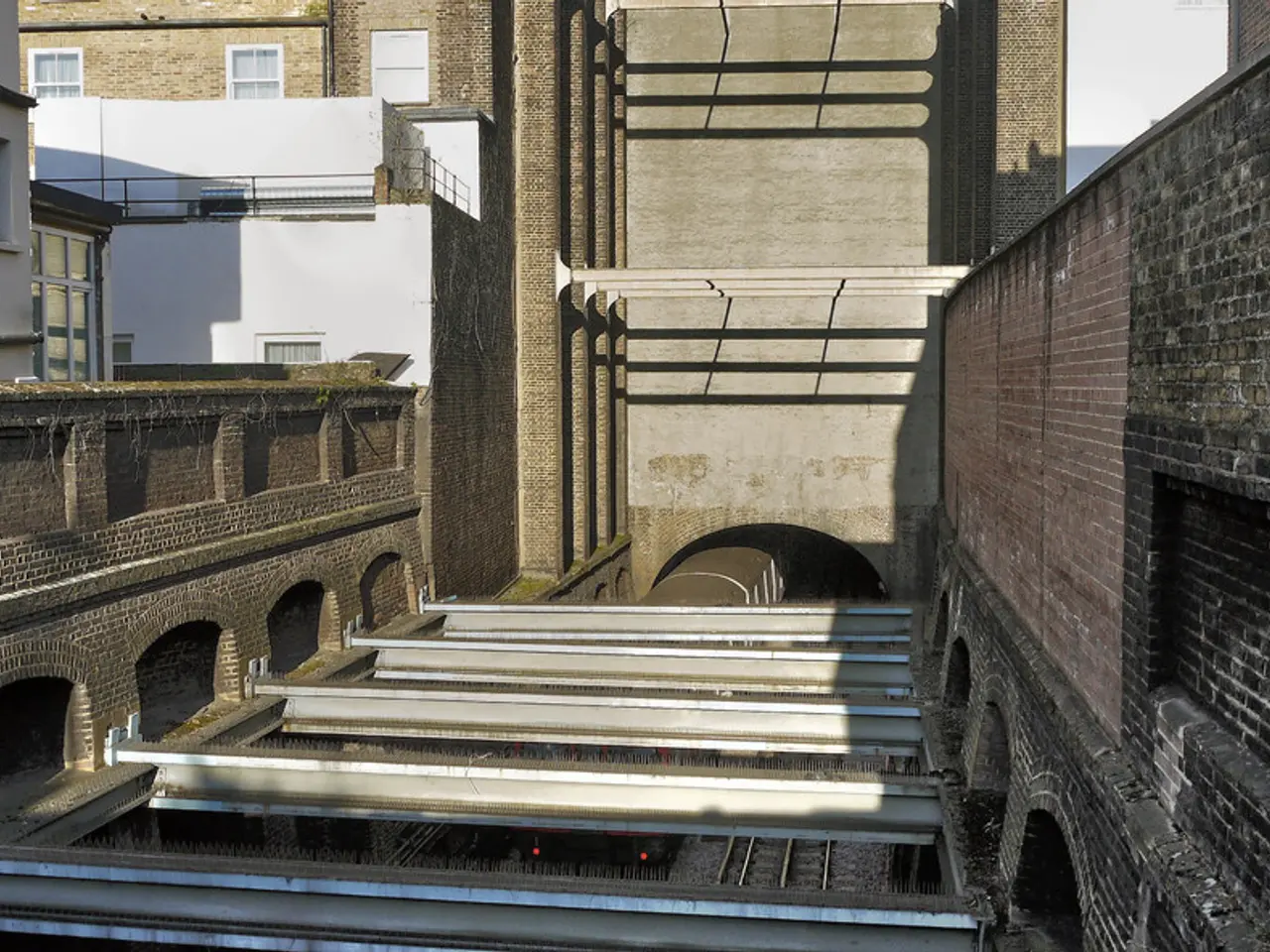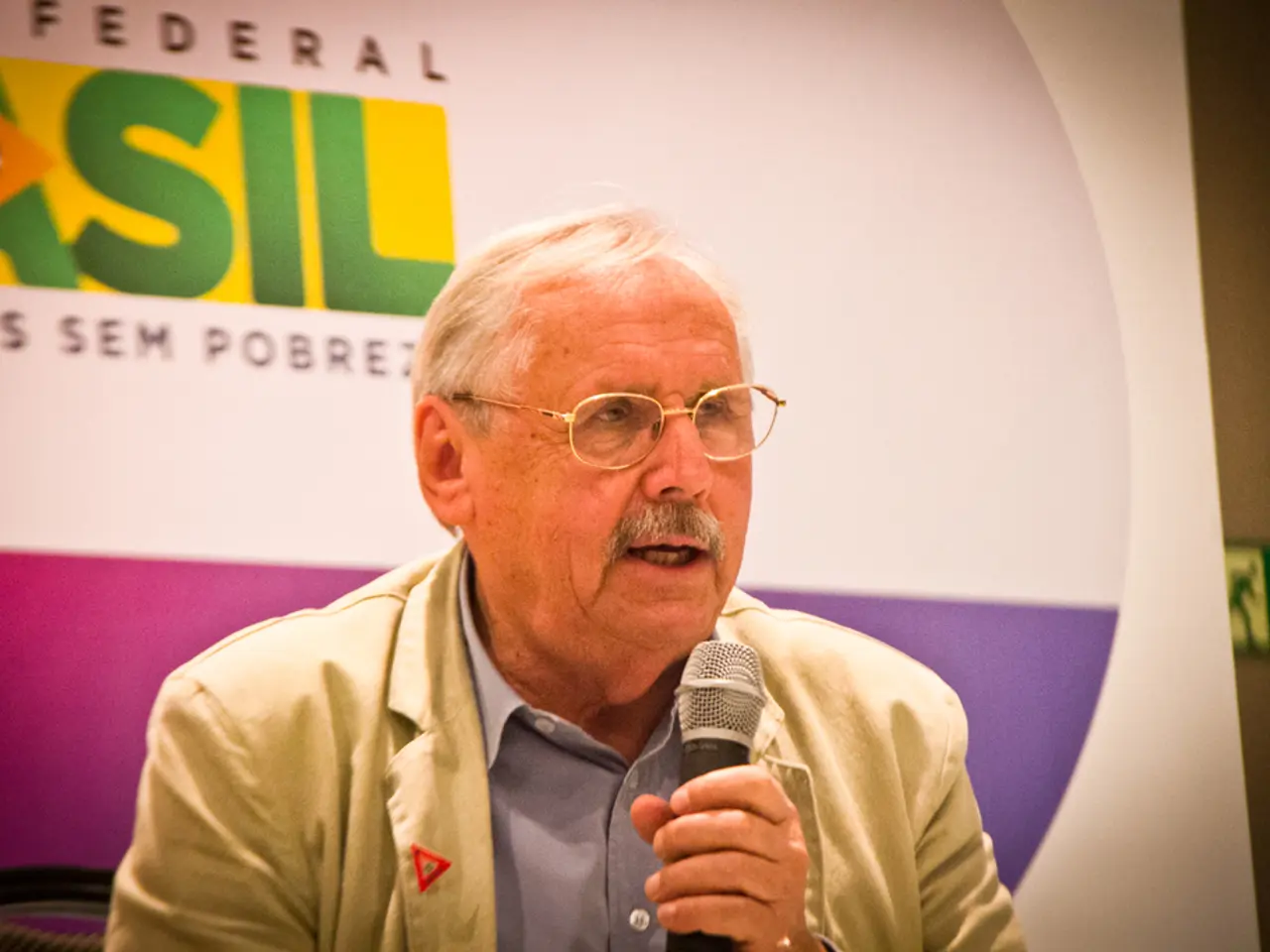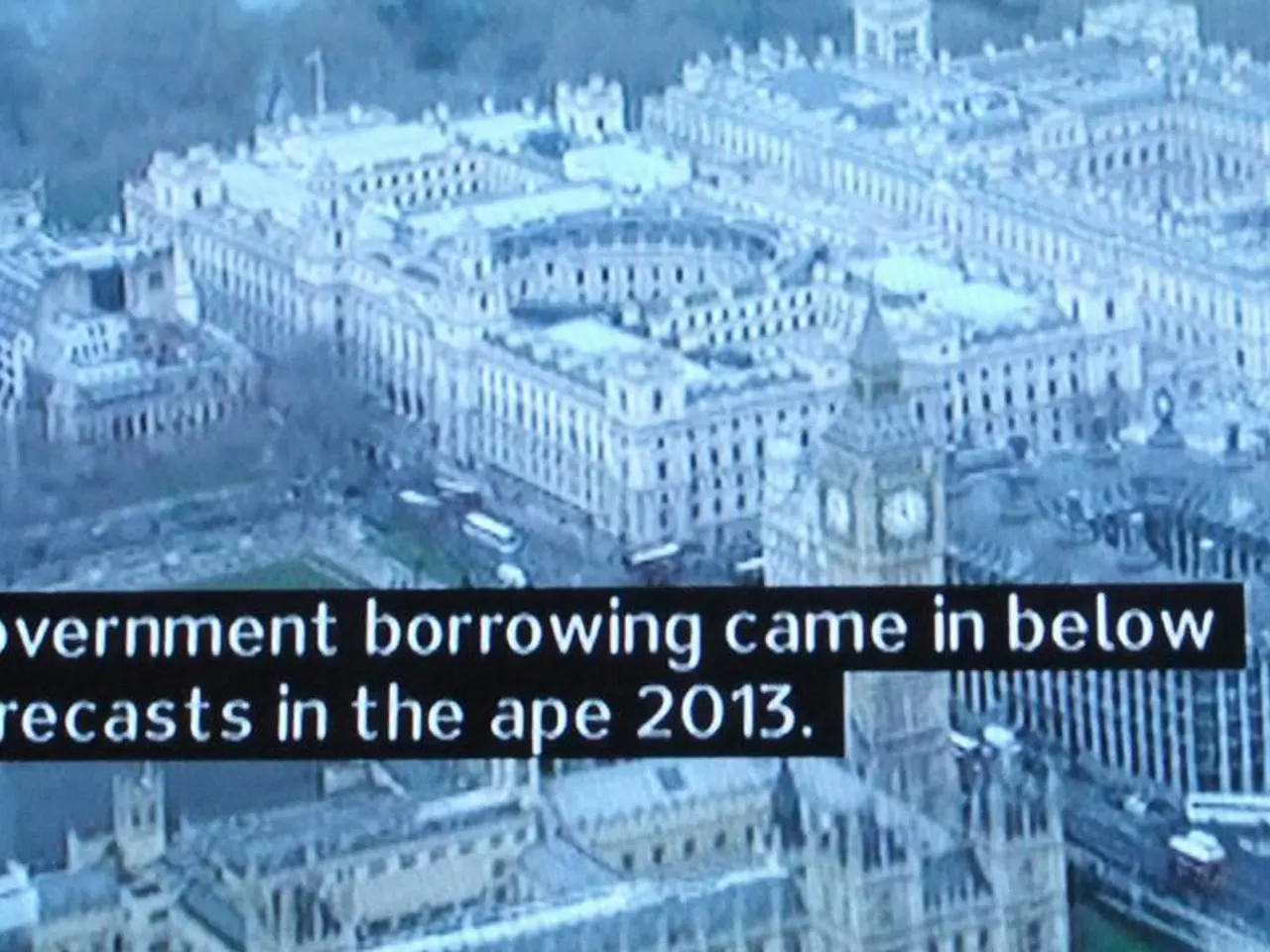Proposal by Japan's Opposition to Eliminate Supplementary Gasoline Tax
Opposition Parties Seek Early Abolition of Gasoline Tax Surcharge
Japan's seven main opposition parties have joined forces to push for the abolition of the provisional gasoline tax surcharge, aiming to lower fuel costs and ease the financial burden on consumers. The parties submitted a bill to the House of Representatives on August 1, 2025, with a goal to scrap the surcharge by November 1, cutting the gasoline tax rate by 25.1 yen per liter.
The four opposition parties involved in the agreement with the ruling coalition — the Constitutional Democratic Party (CDP), Nippon Ishin no Kai (Japan Innovation Party), the Democratic Party for the People (DPFP), and the Japanese Communist Party (JCP) — are pushing for the early abolition of the surcharge. The ruling coalition, led by Prime Minister Shigeru Ishiba's Liberal Democratic Party (LDP) and Komeito, has agreed to the abolition "as early as possible within this year," though they remain cautious about implementing it as early as November.
The opposition parties' action comes in response to an extraordinary session of the Diet, the country's parliament, convened on August 1. The parties aim to ramp up pressure on the LDP-led ruling coalition ahead of discussions during the session. The seven opposition parties include the CDP, Nippon Ishin, DPFP, JCP, Sanseito, the Conservative Party of Japan, and the Social Democratic Party.
Negotiations between the ruling and opposition parties began on July 30, focusing on how to secure alternative revenue sources to replace the gasoline tax revenue. Weekly discussions are planned beyond the five-day extraordinary Diet session to find common ground.
The agreement between the ruling coalition and the four opposition parties is a potential development in the ongoing efforts to scrap the provisional gasoline tax surcharge. The opposition bloc's action is intended to demonstrate solidarity ahead of discussions during the extraordinary session of the Diet. However, the ruling coalition is cautious about implementing the gasoline tax surcharge abolition in November, which might affect the pressure the opposition bloc aims to exert on the ruling coalition.
As of now, the exact timeline for the gasoline tax surcharge abolition remains unspecified, with ongoing talks aiming to reconcile fiscal concerns and alternative revenue sources before any implementation takes place.
- The opposition parties' call for the early abolition of the gasoline tax surcharge indicates a growing focus on innovation in the realm of policy-and-legislation, as they seek to reduce fuel costs and offer relief to consumers.
- General news outlets have been abuzz with updates on the political dynamics surrounding the gasoline tax surcharge, with discussions on the matter reportedly extending beyond the extraordinary session of the Diet, featuring multiple parties and ongoing negotiations about potential alternative revenue sources.







